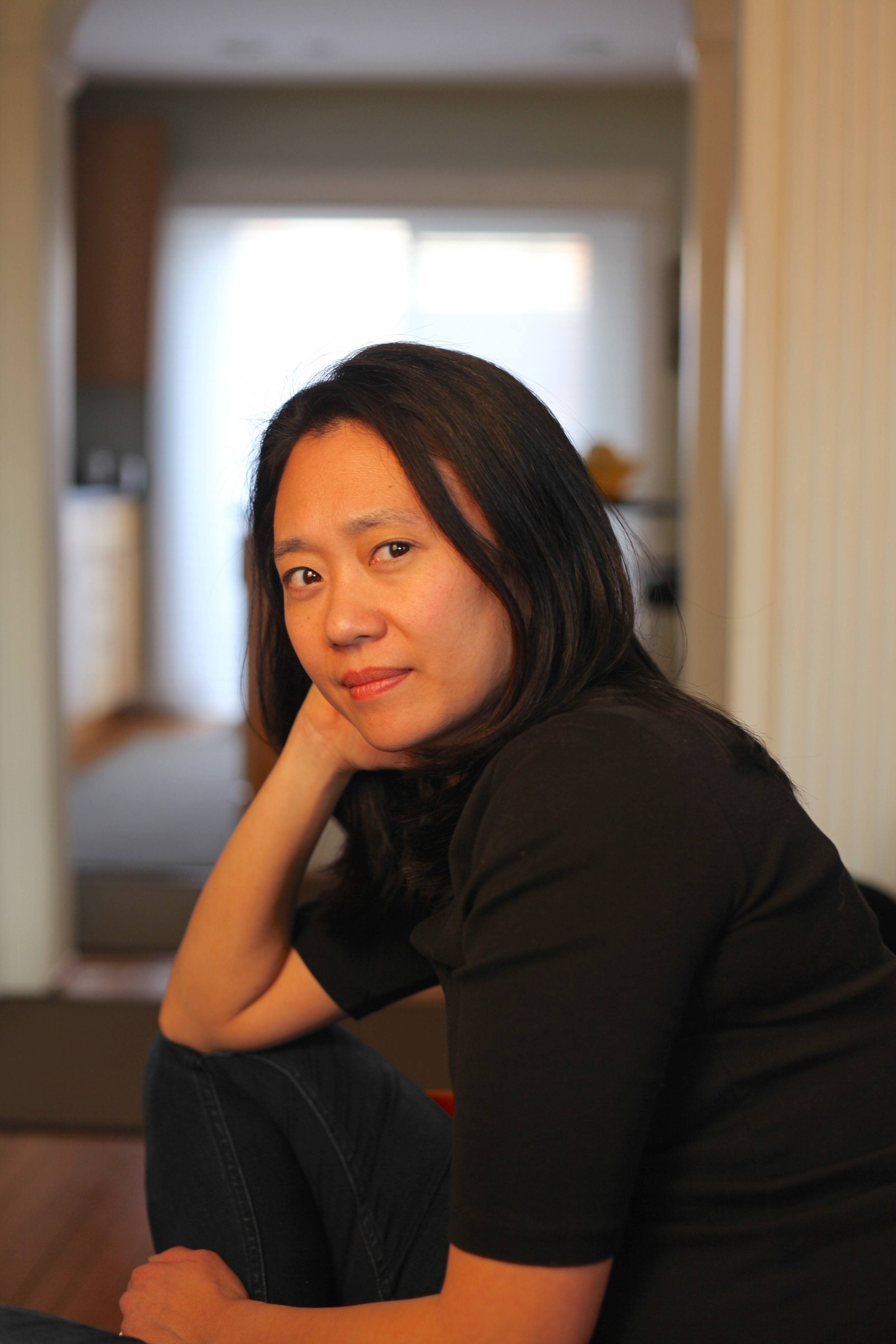Award Winners
William Carlos Williams Award - 2018
Jennifer Chang

A Horse Named Never
At the stables, each stall was labeled with a name.
Biscuit stood aloof—I faced always, invariably, his clockwork tail.
Crab knew the salt lick too well.
Trapezoid mastered stillness: a midnight mare, she was sternest and tallest, her chest stretched against the edges of her stall.
I was not afraid of Never, the chestnut gelding, so rode his iron haunches as far as Panther Gap.
Never and I lived in Virginia then.
We could neither flee nor be kept.
Seldom did I reach the little mountain without him, the easy crests making valleys of indifferent grasses.
What was that low sound I heard, alone with Never?
A lone horse, a lodestar, a habit of fear.
We think of a horse less as the history of one man and his sorrows than as the history of a whole evil time.
I fed him odd lettuce, abundant bitterness.
Who wore the bit and harness, who was the ready steed.
Or: I think there be six Nevers in the field.
He took the carrot, words by my own reckoning, an account of creeks and oyster catchers.
I named my account "Notes on the State of Virginia."
It was bred for show and not to race.
Never, I cried, Never.
Were I more horse than rider, I would better understand the beast I am.
Our hoof-house rested at the foot of the mountain, on which rested another house more brazen than statuary.
Let it be known: I first mistook gelding for gilding.
I am the fool that has faith in Never.
Somewhere, a gold door burdened with apology refuses all mint from the yard.
Paisley Rekdal on Jennifer Chang
"[P]astoral fails yet again," Chang writes in Some Say the Lark, and this beautiful book explores the way that landscapes become continual sites of "radiant" loss. Nature is not only one thing in Chang's work: it is not only limitless, not only wounded, not only real, not only imaginative but a combination of all these things. In that, Chang's re-imagining of and response to the pastoral shares much with our ideas of gender and race, as the pastoral's social meanings shifts according to the perception of the observer: "the ordinary sight of construction," as Chang writes, as her poetic speaker observes the proliferation of new buildings being built on the site of old ones, her poems playing on the homonym of site/sight, and the dual meaning of construction. Her long and masterful poem "We found the body of a young deer once" shows just how much construction plays into the role of memory and poetic writing about landscape and our construction of other people's identities: the poem scavenges lines from Ralegh, Wordsworth, Frost and others, while also mining the speaker's own memories of a girlhood friend and fellow child of immigrants learning to remake her identity on American shores. Only by the poem's end does the speaker come to realize that it is only one's position—within history, within memory, within language, within space and time—that makes any one body strange or generic. Some Say the Lark both celebrates and distrusts the act of lyric description, the ways that words suggest and yet finally never do encapsulate the ultimate strangeness of the world in which each body—whether human or animal—is ultimately unknowable.
